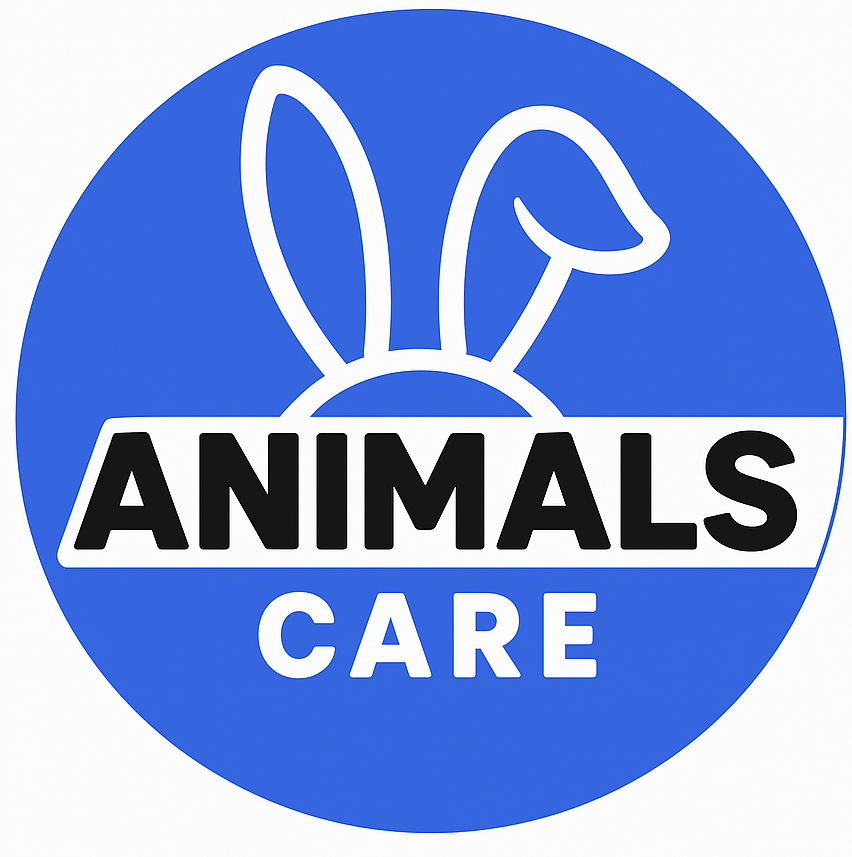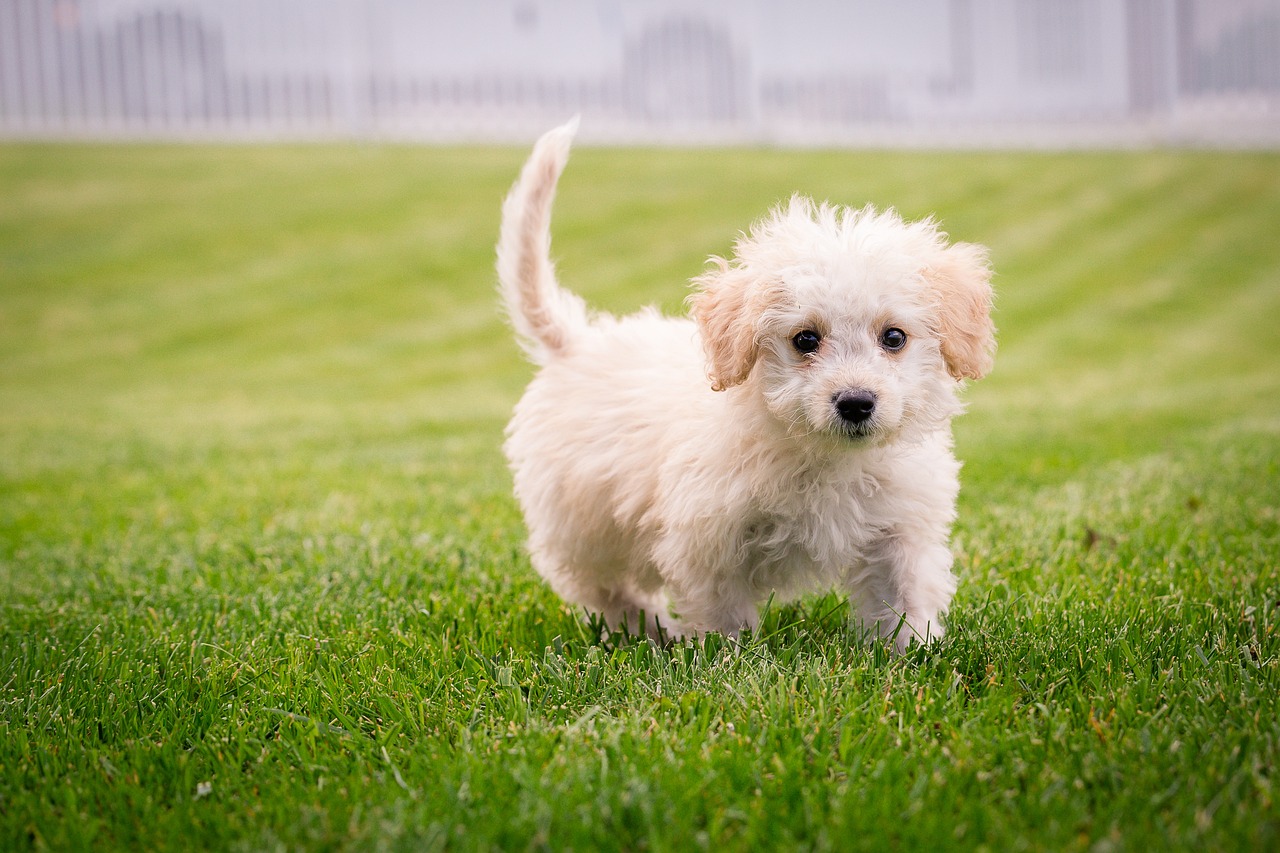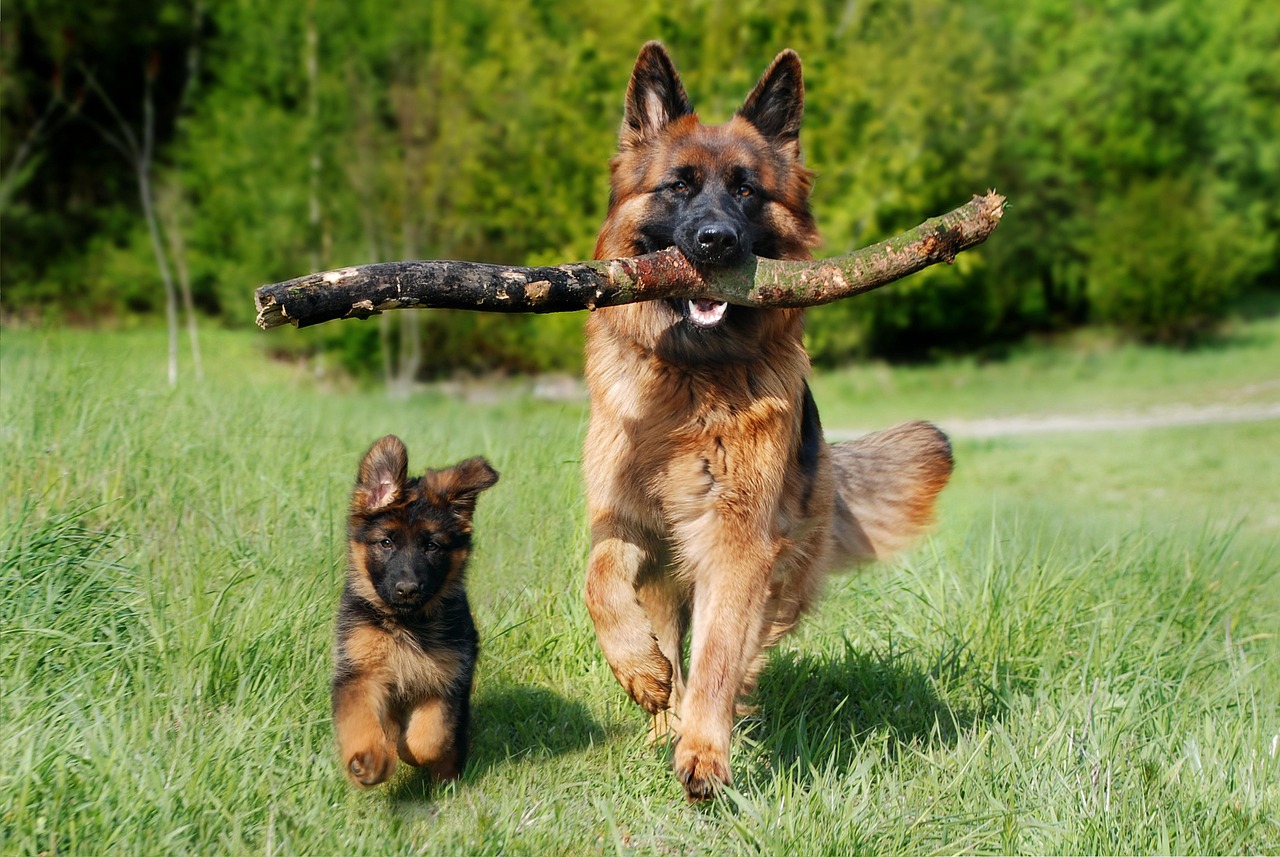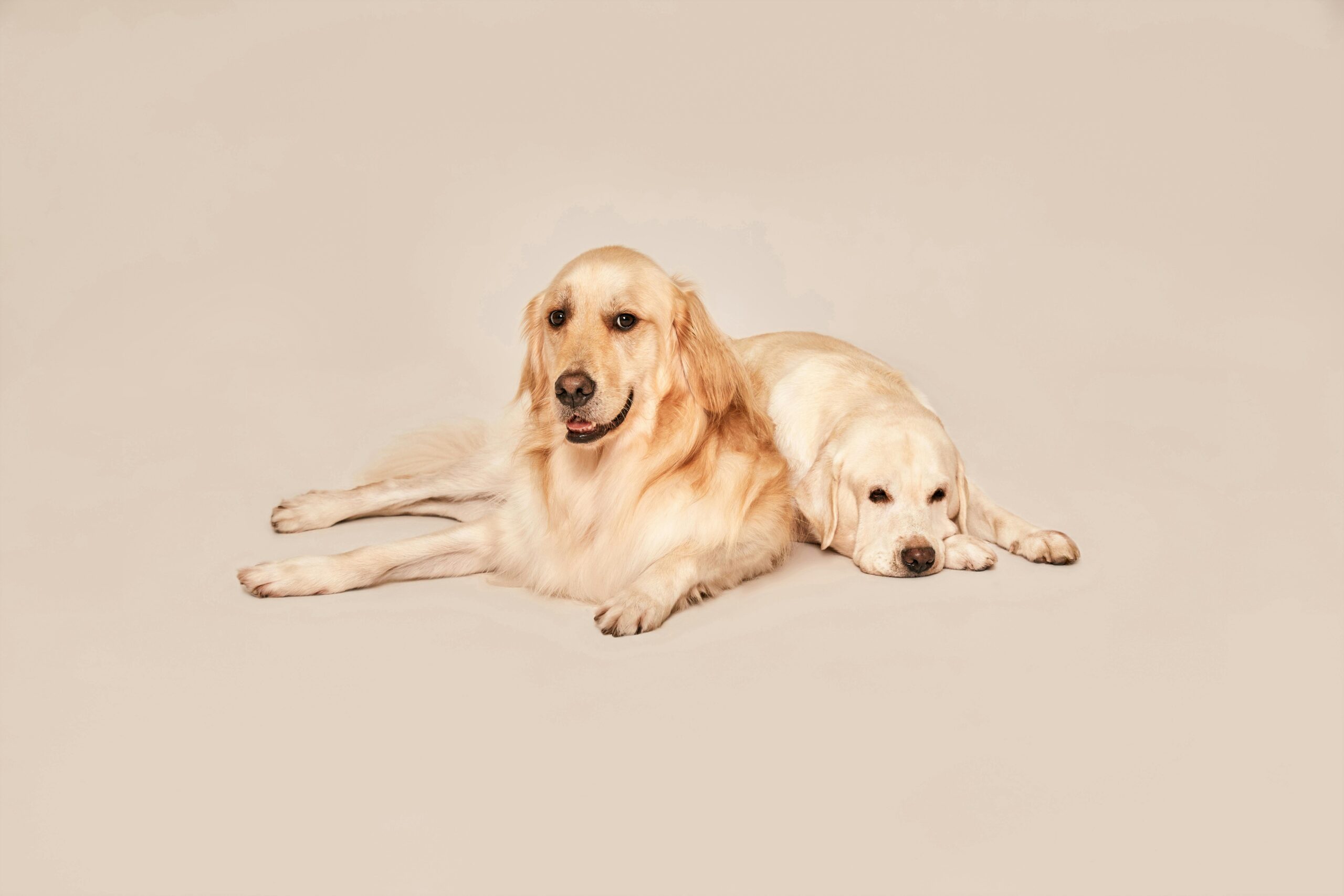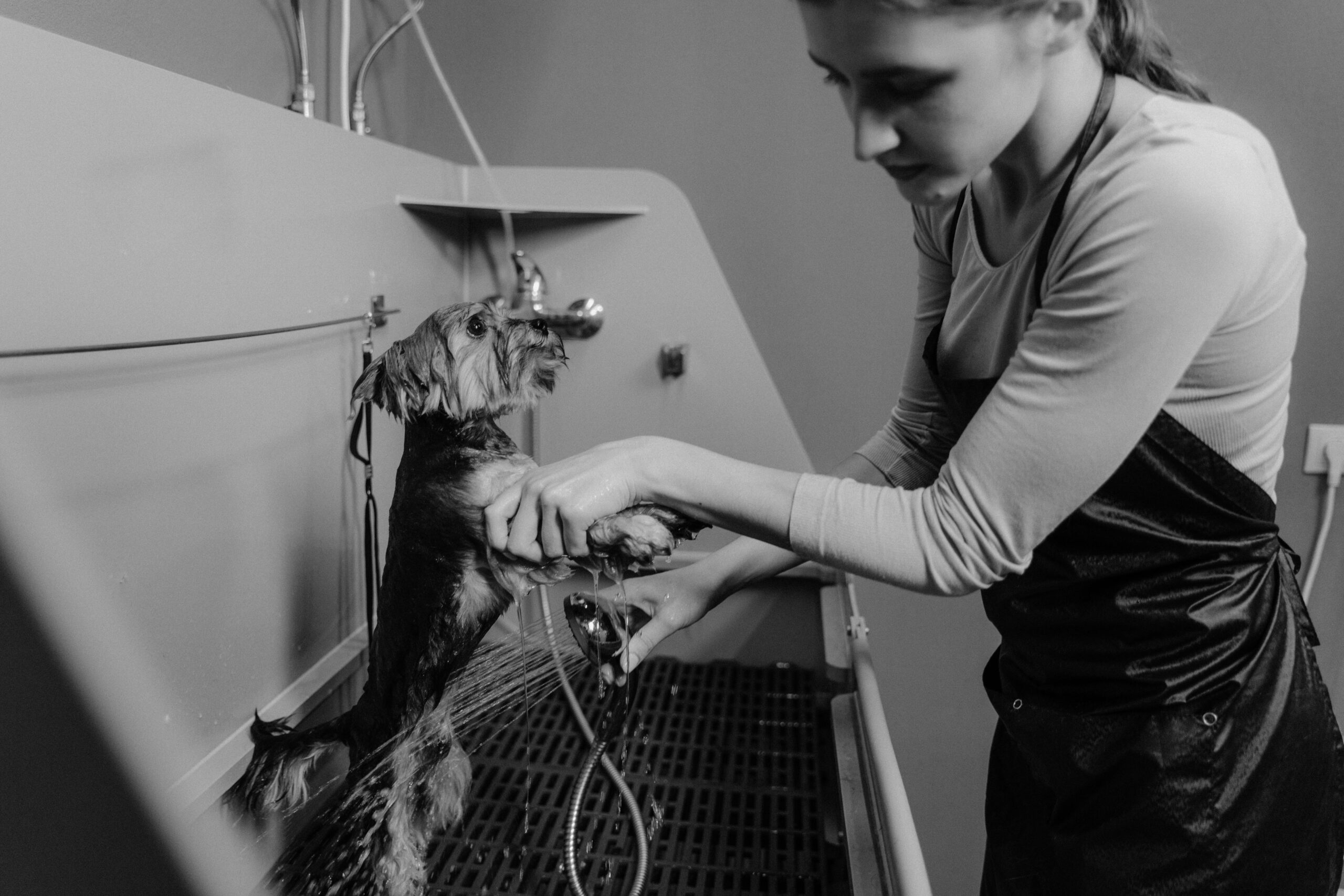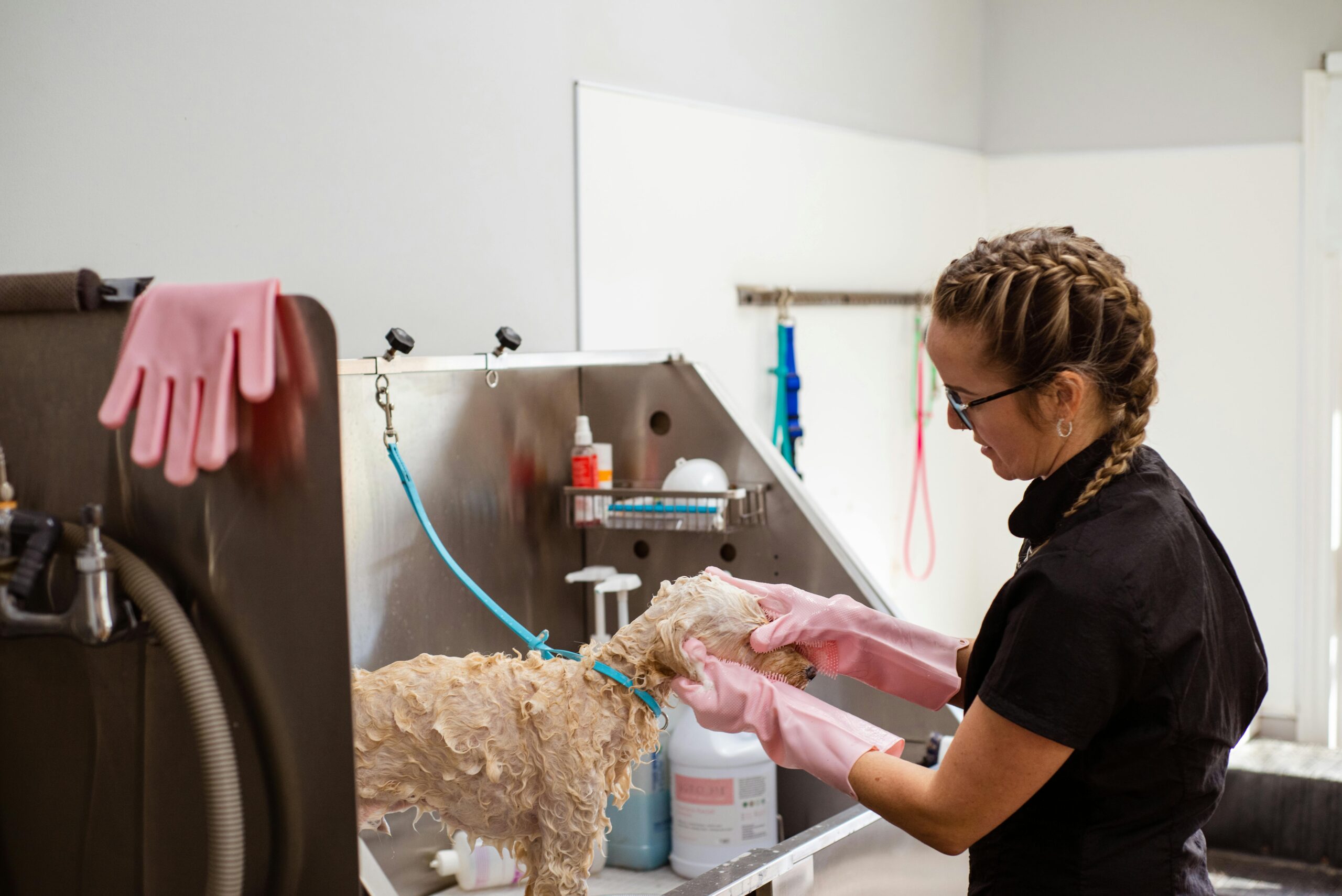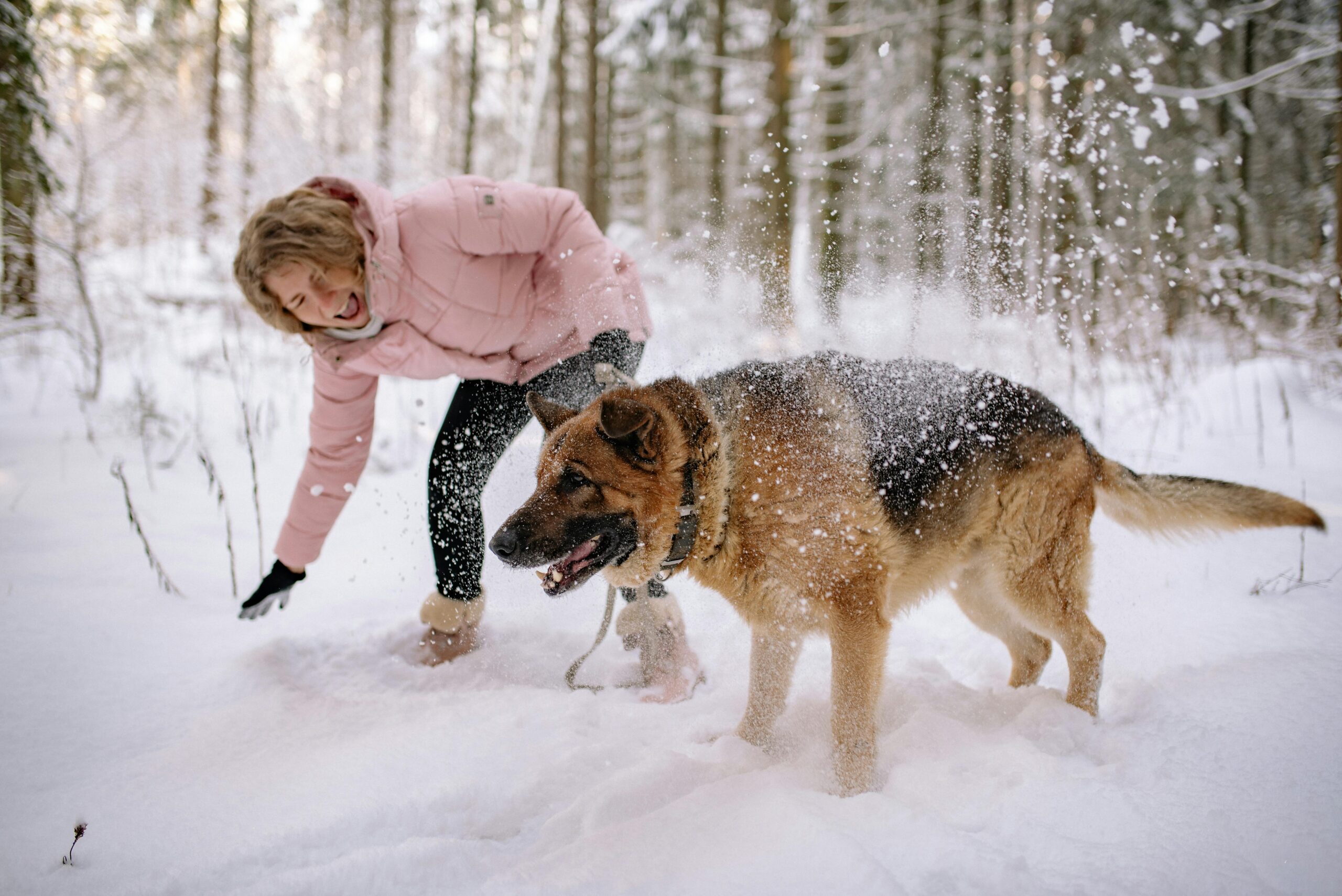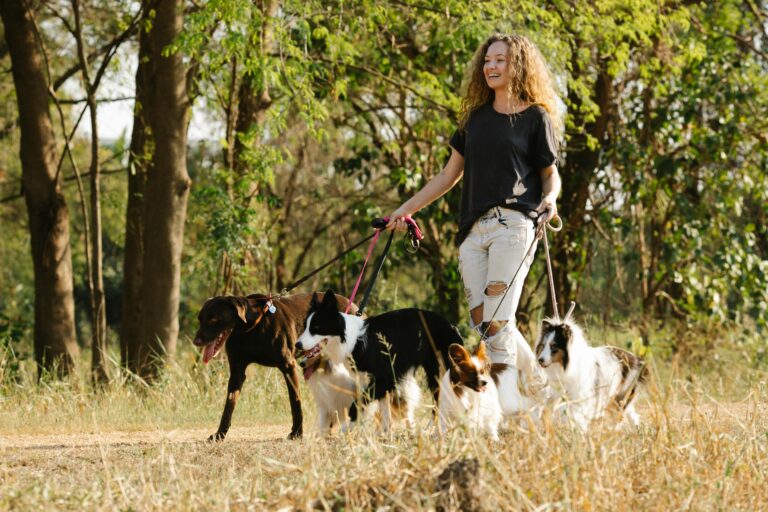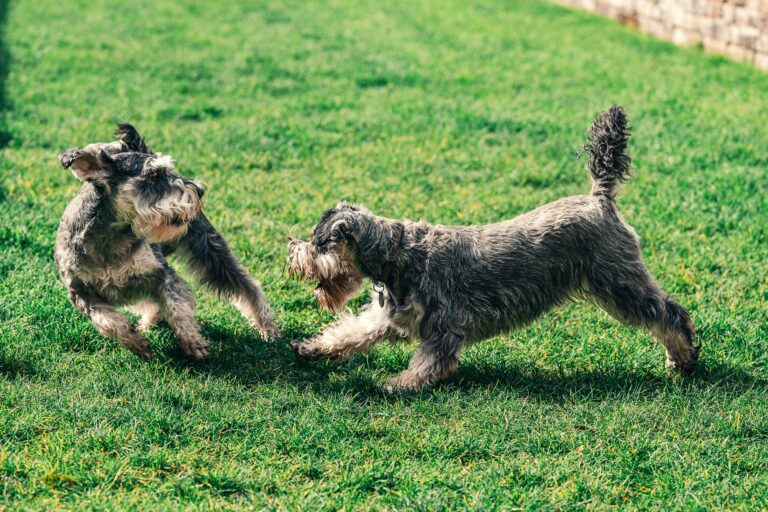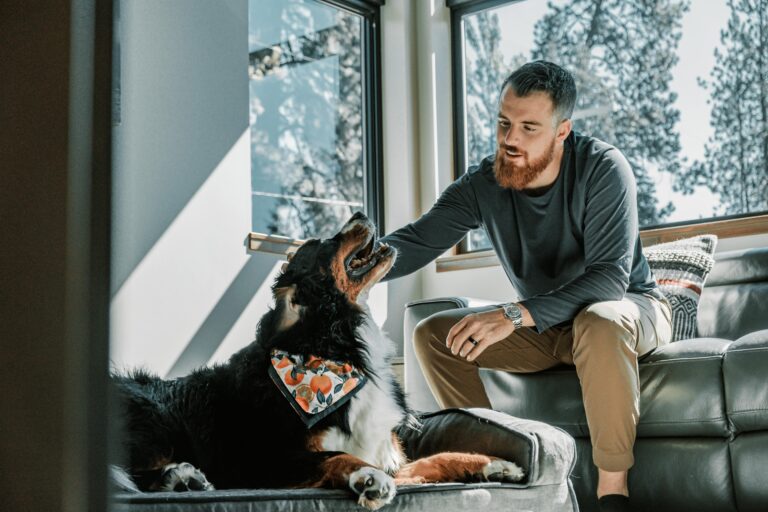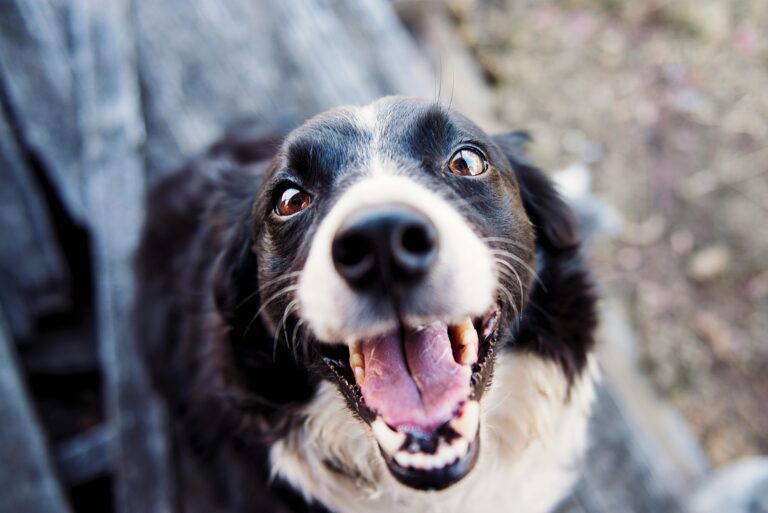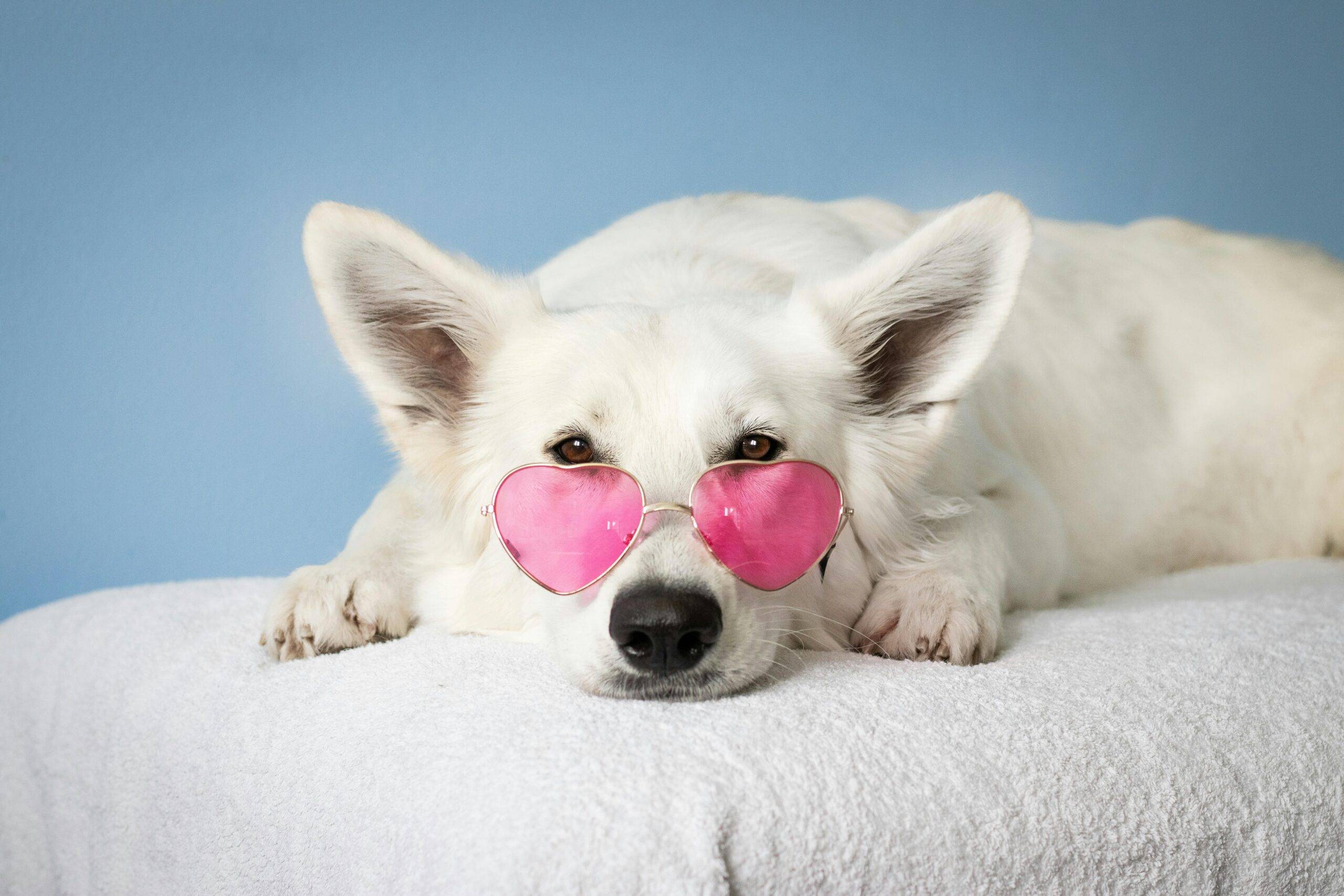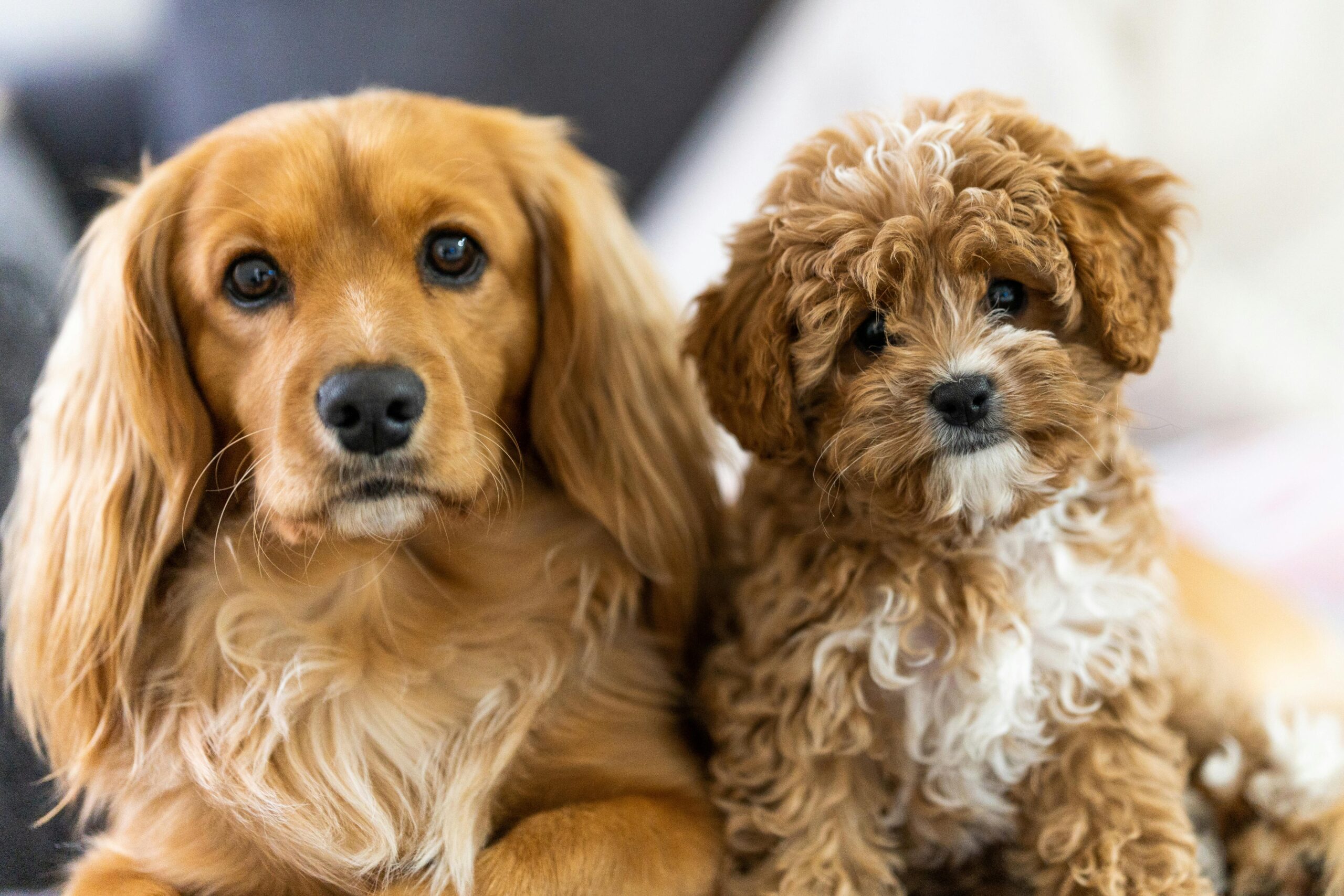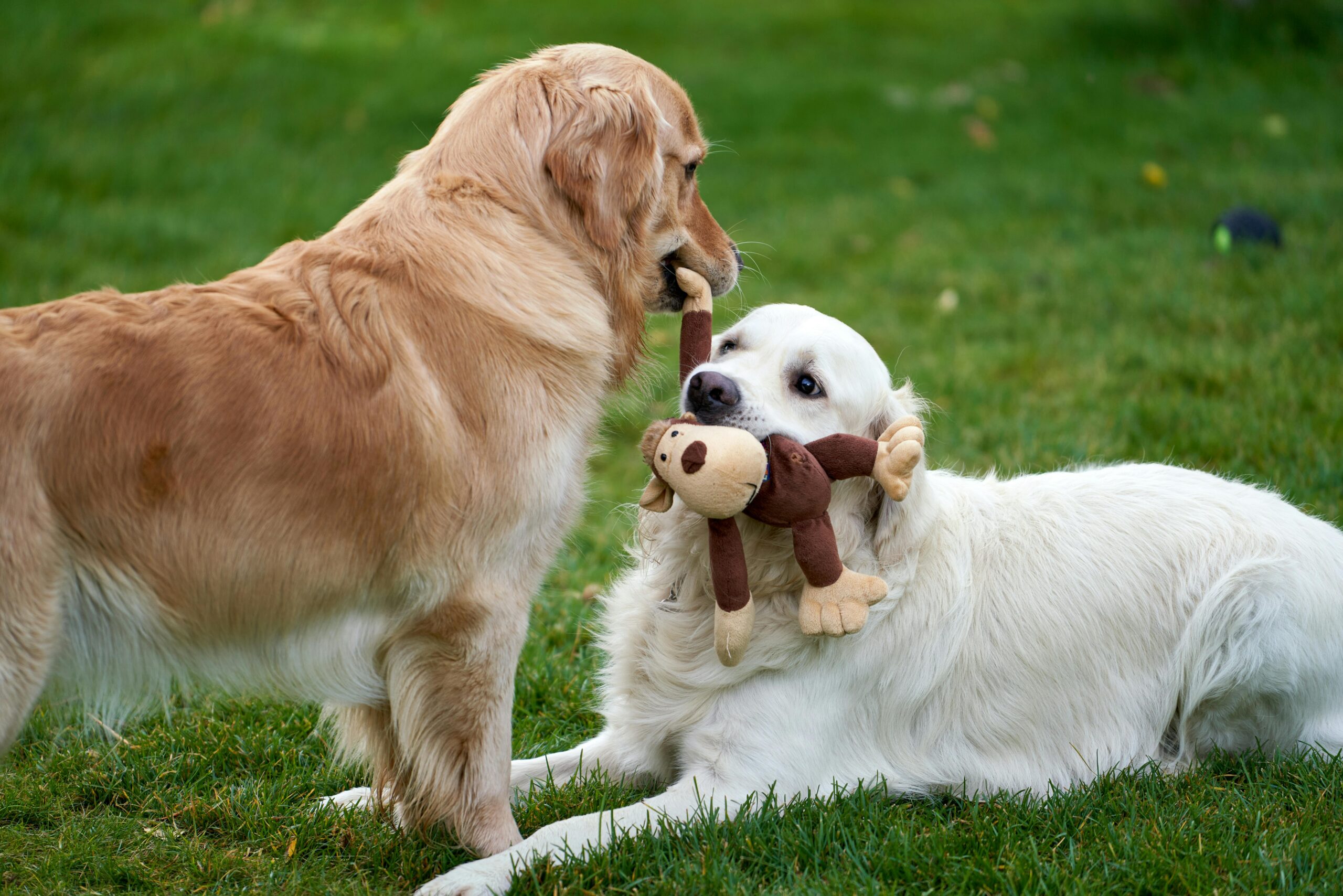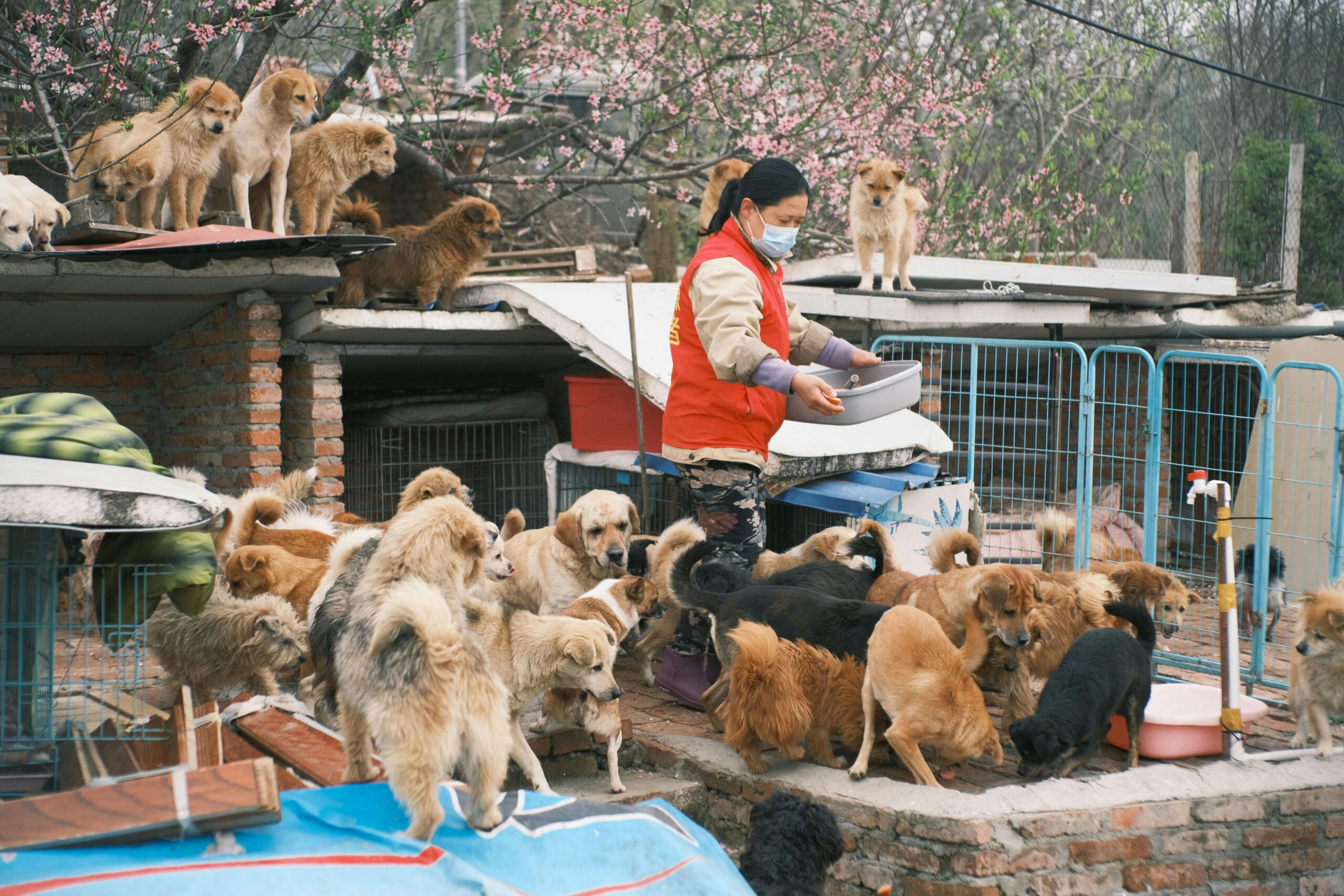Puppy : The Ultimate Guide to Caring for Your New Puppy
Introduction
Having a puppy at home is bringing joy and little bundles of energy to life. It is all about the wagging tails, playful barks, and tiny paws filled with love and laughter. The puppies made our days lighter, reminded us to forget busy lives telling us to appreciate those little moments. Be it their clumsy pranks or those irresistible puppy dog eyes, it’s very difficult not to fall head over heels for these bundles of fur.
But then with that comes a whole lot of responsibility. Care of the puppy requires commitment, patience, and lots of love. From feeding to training to socializing to health care, every part of puppy care is important to help your puppy grow up happily. Like us, puppies need a safe and loving home to grow well. They need guidance and affection from their owners. The relationship that develops in the first months will make them a well-adjusted, happy dog.
In doing so, you will help your puppy turn out to be an excellent friend. Your love and affection will shape his personality as well as the behavior set him up for a merry life together. So now, let us explore the excellent world of dog care and go on to discuss how best you can launch your new great friend!
Preparing Your Home for a Puppy

Puppies are curious little explorers and sniff out every nook and cranny. Curiosity can sometimes lead to trouble, so puppy-proofing your home is an important first step.
Begin by checking for anything that may pose a hazard. Consider your home as a huge playground for your puppy and take away anything that could hurt them. Puppies are notorious for rummaging through trash cans, so make sure they are secured! Also, look at your houseplants-there are some that are harmful if ingested, so it’s best to make sure they are non-toxic to dogs.
Now, prepare an snug, designated room for your puppy. It’s going to be his or her little heaven where the puppy can feel safe and comfortable in between all the craziness of the family life. Pick a quieter corner in your home, which would not be too boisterous, and arrange a convenient puppy bed or crate.
Final preparation: Gather all those items that would make your puppy feel at home. Invest in durable food and water bowls that are the appropriate size for them. A good bed is essential for those long puppy naps, and do not forget to stock up on toys! Chew toys are especially important because they help soothe teething puppies and keep their little mouths busy. With your puppy-proofed home ready, the joyful ride with your best friend continues: love, laughter, and endless cuddles with your new four-legged baby!
Nutrition for Your Puppy
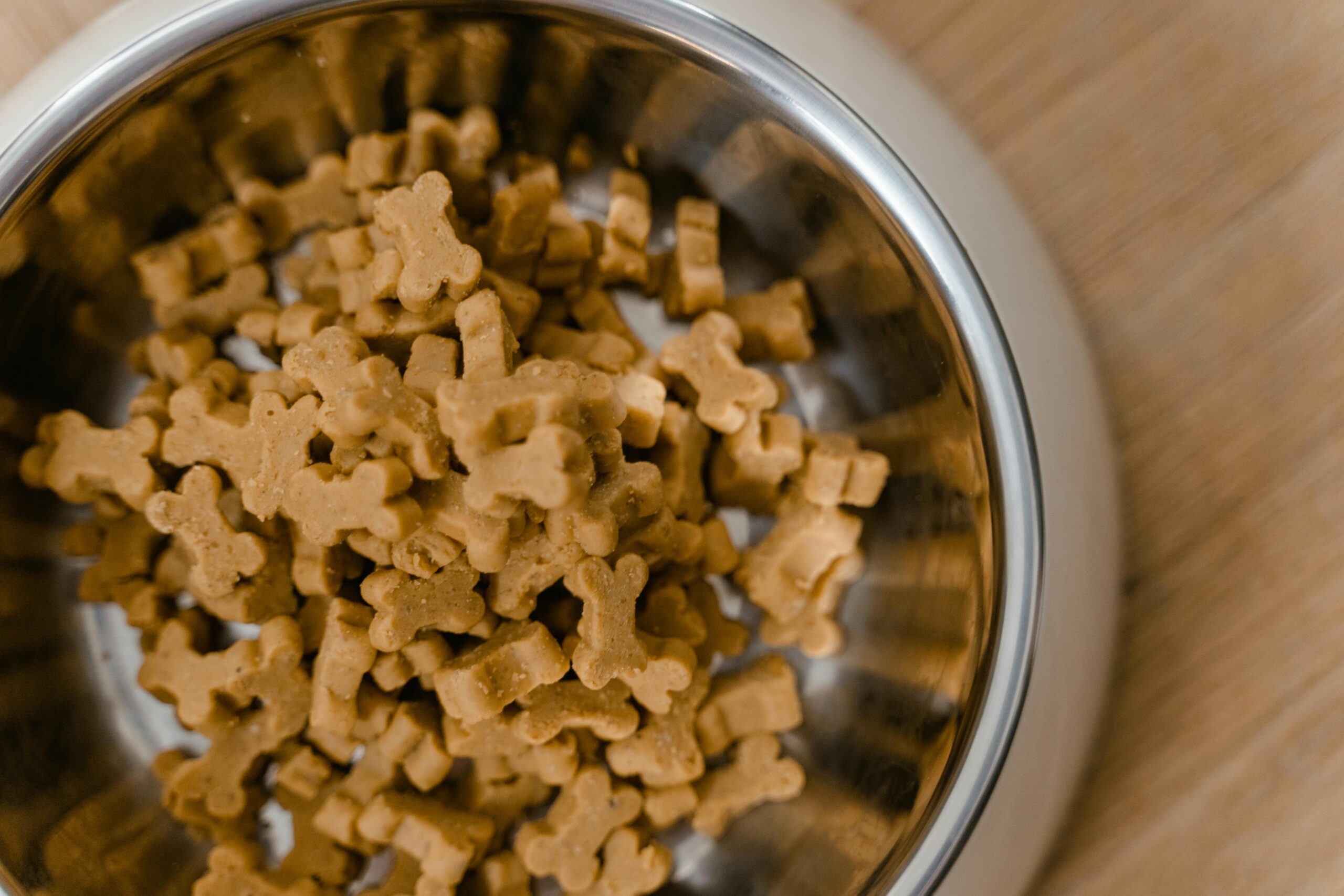
Amongst the greatest responsibilities of having a puppy is feeding him on the correct food. While it’s true for humans, their development and full health require the right proportion of diet; the case is the same with the puppies. Nonetheless, when they are growing, nutritional needs change according to the development stage; thus, one learns what they require at a given stage in life, that is, between 6 weeks and 12 months.
6 to 8 Weeks: This is the time when the puppies should be weaned off from their mothers and fed good quality puppy food. One must look for puppy-specific food because it contains a perfect balance of nutrients required by the puppy for his fast growth. It’s also the time when puppies will begin to explore different textures, so a mix of wet and dry food can be given to them to get used to the taste.
8 Weeks to 6 Months: During this stage, your puppy will be at their fastest growth. He requires nutrients in the form of proteins, fats, and vital nutrients. Quality dry food is fantastic, but it is perfectly acceptable to also give him wet food to ensure a good deal of moisture content and taste. Some even prepare home-cooked food, but do not forget to consult with your veterinarian to make sure it’s all balanced.
6 to 12 months: The puppy’s growth slows down with approaching one year, so their diet changes too. One can gradually shift the puppy to adult food, but a veterinarian may have some better ideas on this matter too. They will help ensure that food is well-balanced for the puppy, which will not cause obesity and future health problems.
A veterinarian should be consulted in order to understand the nutritional journey of your puppy. They can give advice based on your puppy’s breed, size, and health. This will ensure that your puppy gets what it needs to thrive.
Feeding schedules: Consistency is the key. Puppies like to eat on a schedule and will thrive best with regular feeding times, usually three to four meals a day until they are about six months old. You can reduce it to two meals a day afterward. Portion sizes matter; your vet can guide you in finding the right amount for your puppy, depending on their weight and activity level.
Nutrition for Your Puppy

One of the most crucial aspects of being a responsible pet owner is feeding your puppy the right food. Like humans, puppies also require a balanced diet to grow and become healthy, but at different stages of their growth, their nutritional needs change; hence, one must learn what they require at a particular stage in their life, from 6 weeks to 12 months.
6 to 8 weeks old- by now the puppy should have been taken from their mother. The food at this time should be of top quality, that is meant for puppies only because of its right balanced nutrients content needed to grow faster. Moreover, this time they learn about different kinds of foods; so they should eat wet and dry foods, alternately, to acclimate them to it.
8 Weeks to 6 Months: During this phase, your puppy’s growth will be at its peak. They need a diet rich in protein, fat, and essential nutrients. High-quality dry kibble is great, but don’t hesitate to include wet food as well for added moisture and flavor. Some owners also choose to prepare homemade meals, but it’s crucial to ensure these meals are balanced. Consult with your vet to ensure you’re providing all the necessary nutrients.
6 to 12 months: The puppy’s growth slows down with approaching one year, so their diet also changes. One can gradually shift the puppy to adult food, but a veterinarian might have some better ideas about this, too. They will help ensure that food is well-balanced for the puppy, which won’t cause obesity and future health problems.
A veterinarian can be consulted to know the nutritional journey of your puppy. They can provide advice based on your puppy’s breed, size, and health. This ensures that your puppy gets what it needs to thrive.
Feeding schedules: consistency is key. Puppies prefer to eat on a schedule and thrive best with regular feeding times, usually three to four meals a day until they are about six months old. You can taper off to two meals a day later. PFeeding a puppy is one of the significant responsibilities of being a pet owner. As with human babies, a puppy has specific nutritional requirements that change as it matures. From 6 weeks to 12 months, feeding them well-balanced and healthy meals will place them on the road for a lively, energetic life.
6 to 8 Weeks: The puppies in this stage are mostly weaned from the mothers and can start out on solid food. To achieve this, they have to be fed with highly nutritious puppy food, which meets the specific requirements of such growth. The food at this stage is rich with essential nutrients such as proteins and fats to support them with their fast growth rate. Mixing wet and dry food also introduces different textures, making mealtime more exciting for your little one.
8 Weeks to 6 Months: Your puppy will continue to grow, and their appetite will increase. They need a diet rich in proteins and healthy fats. At this stage, high-quality dry kibble is a great option, but don’t shy away from wet food, as it adds moisture and flavor to their diet. Some owners prepare homemade meals as a way to provide variety to their pets, but these must be nutritionally balanced.
6 – 12 Months: About the time your puppy enters his first year, he’s going to slow down growing. At this point he can start to transition towards adult dog food. It will be wise to consult the veterinarian about this transition process.
Feed the puppy regularly for him to have a well-structured schedule. Most puppies like eating thrice to four times until they reach about six months of age. You can then gradually reduce the feeding schedule to twice a day after six months. Pay attention to portions; your vet will be able to advise based on your puppy’s weight, activity level, and specific needs.ortion sizes matter; your vet can guide you in finding the right amount for your puppy, depending on their weight and activity level.
Training Your Puppy

One of the most rewarding experiences in your life as a pet owner is training your puppy. It not only teaches essential skills to your puppy at an early age but also makes you and your little friend close.
Early Training and Socialization
Immediately socialize and train your puppy as soon as you take it home. A puppy well-socialized is likely not to develop behavioral issues, such as fear and aggression, later in life. Early training also develops the boundaries of what one can expect from a pet, which helps set up a happy, healthy relationship with your dog.
Some Basic Commands to Teach:
Teaching basic commands is an excellent starting point for your puppy’s training. Here are a few essential commands to focus on:
Sit: This is often the first command to teach, as it’s a simple way for your puppy to learn self-control. Hold a treat above their nose and move it back towards their tail. As they lower their bottom to the ground, say “sit” and reward them with the treat.
Stay: This command teaches your puppy to stay in one place. Start by asking your puppy to sit, then open your palm and say “stay.” Take a step back; if they remain in place, reward them with a treat. Gradually increase the distance and duration.
Come: This is one of the most important commands for your puppy’s safety. Say it with a happy voice and say your puppy’s name followed by “come.” When they come to you, praise them and give them a treat. This command can be practiced in playtime in a safe, enclosed area.
Positive Reinforcement Techniques
Positive reinforcement is the best method to train your puppy. This is rewarding good behavior rather than punishing bad behavior. Treats, praise, and playtime are all perfect ways to reinforce what you want your puppy to do. For instance, when your puppy responds to a command, give him a small treat and lots of enthusiastic praise to encourage him to repeat the behavior. The key is to have fun and make training interactive!
House Training Tips
House training is one of the first things you’ll want to tackle with your new puppy. Consistency is crucial here. Schedule regular potty breaks, especially after meals, playtime, or naps. Take your puppy outside to the same spot each time, and use a specific phrase like “go potty.” This helps them associate the area with bathroom time.
Pay attention to signals-such as sniffing, circling, or whining-your puppy gives you that it is time to be taken outside. If you catch them in the act of doing their business indoors, gently stop them and take them outside to complete the task. Reward their behavior when they go into the appropriate area.
Handling Typical Behavioral Problems
As your puppy grows, sometimes they will exhibit some ordinary behavioral problems, such as chewing or biting. Puppies understand the world by putting objects into their mouths; so, it is natural. To redirect this behavior, if your puppy bites during play, produce a yelp, expressing that it hurts, and leave them for a minute, then offer them a chew toy to redirect their energy.
Chewing is also a normal puppy behavior, but it can become problematic if they chew on furniture or shoes. Provide plenty of appropriate chew toys and rotate them regularly to keep your puppy engaged. When they chew on the right items, praise them enthusiastically!
Socialization and Play
Another very crucial element of puppy’s early life is socializing him to as many different things and circumstances as possible. With children, puppies learn by way of interactions with people and other influences around them. The proper socialization of your puppy results in an adjusted adult dog who probably will not be afraid of or aggressive toward new people or animals, or places where dogs don’t belong. So very important to socialize the pups so they develop and be happy, friendly companions.
Importance of Socialising Your Puppy
The whole socialisation of the puppies is required from the very minute when you get them. That is just the prime moment to allow them contact with other puppies, strangers and diverse settings. Socialization to various activities will teach your puppy exactly how to react to strange situations. A well socialized puppy is more prone to being calm and friendlier. Therefore, adventures will be fun for the two of you. It even helps in avoiding behavioral disturbances later on in life: anxiety or aggression.
Socialization should be done in safe areas. Puppy classes are just ideal for this. In a class, your puppy may socialize with other puppies and people under the management of a trainer in an organized structure. The primary goal of such classes is simple command teaching and creating room for the socialization of pups with other pups. All parties are at an appropriate position.
Parks can also be an excellent location for socialization. Be sure to go when it is not too crowded. Also, find dog-friendly parks so that your puppy may interact with other dogs safely. Make sure to supervise their play for them to have good experiences.
Interactive Play and Toys
Playtime will keep your puppy fit and burn off excess energy by engaging them with activities like tug ropes, fetch balls, and even puzzle toys that test their minds.
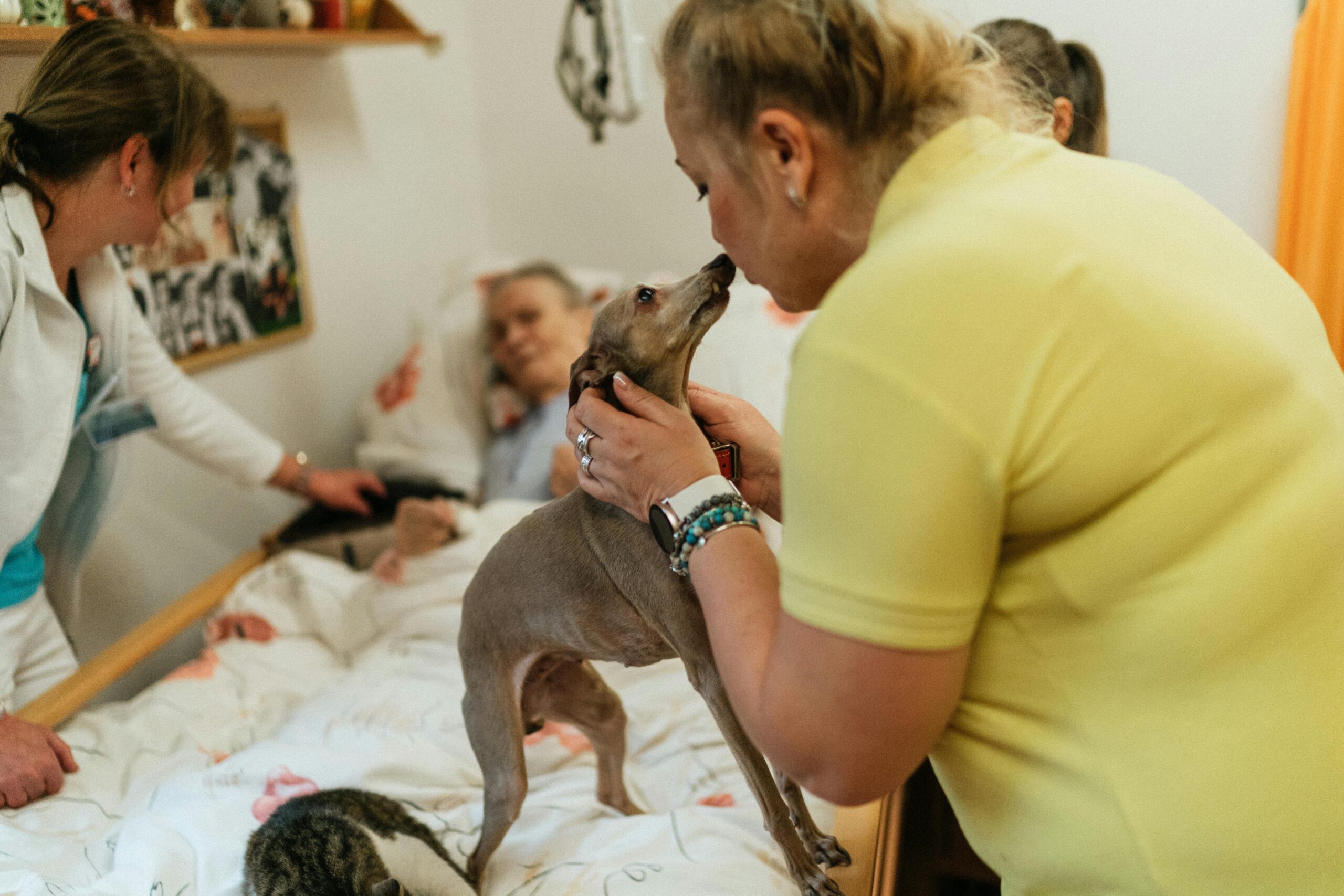
Health Care for Your Puppy
Being a devoted puppy parent, health care for your furry friend can be one of the biggest responsibilities taken on by you. Your child has regular checkups; similarly, your puppy also needs veterinary visits to ensure growing healthy and strong. The vet care routine has to be pursued to ensure that your puppy is loved and there are plenty of adventures in his life too.
Importance of Veterinary Visits
Regular visits to the vet will ensure your puppy stays healthy. It gives your vet a chance to track the growth of your puppy, check for any health issues, and advise you on nutrition and training. It is also a chance for you to ask questions and get expert advice that will help you in your puppy parenting journey. Early visits will make your puppy trust the vet, and so later visits will become very easy. Eventually, your puppy will come to regard the vet as a friendly place with treats and kind people!
Vaccinations and Preventative Treatments
They somewhat protect your puppy against those dreadful diseases like parvovirus, distemper, and rabies. Based on their age and lifestyle, the vet will modify the vaccination schedule accordingly.
Besides vaccination, preventive treatments are very essential in keeping your puppy healthy. Another vital prevention is heartworm. Heartworm can be severe and cause serious health complications. Your vet will recommend the appropriate preventative medication for your puppy depending on their needs. Thus, you will feel sure of their health.
Grooming Needs
Grooming is another part of your puppy’s health care. Regular grooming keeps your puppy clean and comfortable, but it also strengthens your bond with them. Depending on the breed of your puppy, the grooming needs may vary. Some of the most important grooming needs are bathing, brushing, and nail trimming for hygiene purposes.
Bathtime is not just a healthy coat, but it lets you cuddle and bond with your little puppy. Brushing the puppy would get rid of loose hair and would not allow tangles. Trimming of nails is very essential; this will make sure that your pup’s paws feel comfortable and since they are having short nails, they would run and play without causing injury to themselves.
Determining if your puppy is sick
As a dog loving parent, always be attentive to your puppy for changes in the behavior, appetite, or energy, because all this might be telling that something is not quite right. Other signs of illness that can show are vomiting, diarrhea, coughing, and the overall feeling of being drained or worn out. Do not delay reaching your vet. It could make a whole difference between life and death sometimes.
Summary Taking care of your puppy is a lifelong commitment. For instance, it involves regular vet visits, all vaccinations, preventative treatments for diseases, grooming, among other things. All in all, the time invested and love given to these little ones ensures they will live a long, wonderful life. A healthy puppy is a happy puppy: those wagging tails, playful barks, indicate the great love and care you provide!
Creating a Routine for Your Puppy
Creating a routine is one of the best things you do to your puppy. Much like us, puppies love routine because it creates predictability in the environment. A stable eating schedule, potty time, and playtime with them will help them adjust properly to their new setting of living. Stability matters when it comes to how fast they can grow either in terms of emotional well-being or even their physique.
A daily routine is helpful in letting your puppy know what to expect for the rest of the day and will cut down significantly on anxiety. When set times are maintained for feeding, the puppy learns to wait for the next meal at those times, thereby regularizing digestion. The routine breaks help avoid accidents and assist in communication from the puppy about his or her needs.
Tips for Setting Up a Daily Routine
First, you have to create a routine that suits both you and your puppy. Set specific times for all activities. For example, feed your puppy at the same times each day; maybe in the morning and evening. After the meal, take your puppy outside for potty breaks so that it will relate that going outside is after meals.
Remember, puppies have boundless energy. So, schedule plenty of interactive play sessions throughout the day. This will not only keep them physically active but also strengthen your relationship with them through shared fun and learning.
By establishing a routine, your puppy will become more confident, relaxed, and more manageable around you, making your lives all the more enjoyable. Setting up a routine for a puppy is the basis to getting a happy, well-balanced puppy that feels secure and loved in its new home.
Common Mistakes to Avoid
Raising a puppy can be an interesting experience that has its pros and cons. A doting parent of a puppy must remain vigilant of potential mistakes done to their lovely pets for the best possible care that they deserve. Some pitfalls to be wary of:
1. Overfeeding or underfeeding your puppy: The growth and health of your puppy must be achieved by finding an appropriate balance in their diet. Overfeeding leads to obesity, while underfeeding could lead to malnutrition. It is always advisable to follow the veterinarian’s suggestion on portion sizes and the frequency of feeding based on the breed, age, and activity level of the puppy. Monitoring their weight, allowing them to grow, can easily keep your puppy fit and healthy.
2. Inconsistent Training and Discipline : Puppies thrive on routine and clear expectations. Inconsistent training can confuse your puppy and hinder their ability to learn. If different family members enforce different rules, your puppy won’t know what behavior is acceptable. Make sure everyone in your household uses the same commands and training techniques.
3. Lack of Socialization : Experience Socialization is a very important part of your puppy’s life. Failure to expose the puppy to diverse people, animals, and environments leads to fears and phobias in new situations later in life. A well-socialized puppy goes on to become a confident, friendly adult dog.
4. Neglects Veterinary Care : Your puppy is expected to have regular vet check-ups and vaccinations to make him healthy. If those are neglected, there would be serious health issues for him. Be proactive when making vet visits and maintaining schedules on vaccinations and preventive care. Monitor any sign of illness and do not wait until you feel uncomfortable approaching the veterinarian.
Conclusion
Indeed, the joys of puppy care are quite rewarding journeys, full of love and happiness and learning. They are all factors that make your puppy grow into a happy, healthy adult dog.
Always remind yourself, amidst the ups and downs of having your little furball around you, that patience is the greatest. Puppies are active, inquisitive, and even sometimes mischievous, but this is just part of their growing processes. What they have, good and bad times, is in being bonding time for them both and to be moments for their learning.
So take a few deep breaths and let’s have fun during this special puppy time. Cheer each little victory: mastering the simple commands to running in the park playing with friends. All that wagging tail; all that happy barking reminds you how much more there is to build together. Do share your experiences and tips in the comments below, and let’s support each other on this crazy amazing journey of being puppy parents.
